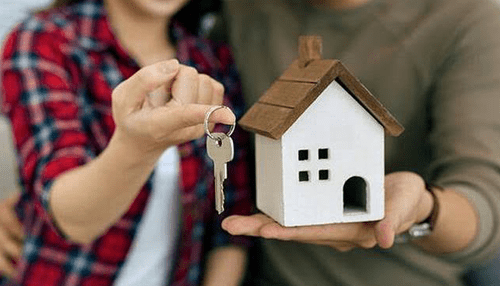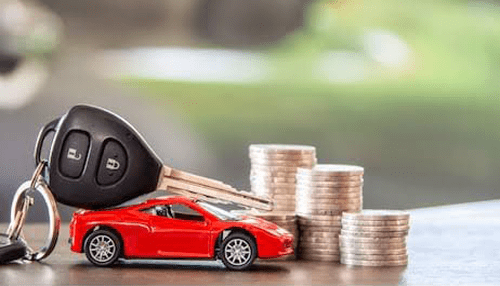When all else fails in your attempts to pay off your debts, you can file for personal bankruptcy and have a portion of your debt discharged. Personal bankruptcy comes in two forms, Chapter 7 and Chapter 13.
Chapter 7 bankruptcy liquidates some of your assets to cover your debts, whereas chapter 13 bankruptcy allows you to make a repayment plan to relieve you of some debt, with the rest being discharged.
If you’ve been behind on your rent and car loan, what happens after you file for personal bankruptcy? In Salt Lake City and other places, experienced repossession attorneys can give you protection against debtors who may violate your rights after filing for bankruptcy.
Rented Home
The “Automatic Stay” policy applies after you’ve filed for bankruptcy. This means that your landlord cannot evict you, but if they have already issued a warrant to evict you before you filed for bankruptcy, the eviction proceedings must be postponed for 30 days. As for you, you will be given 60 days from the date you filed bankruptcy to decide whether you’ll stay or move out.
If you decide to stay with the eviction process ongoing, you must file for an objection to the court to prevent your landlord from taking back your rented home after 30 days. However, you need to be able to settle your unpaid rent for the eviction to lose its effect. On the other hand, if you decide to stay while your landlord still hasn’t evicted you, you also need to settle your unpaid rent and prove to the court that you’re capable of paying your monthly rent on time.
On the contrary, if you decide to move out, you can reject the lease and your debt will be discharged. This means that your landlord can no longer collect from you.
Be sure to arrive at a decision within 60 days, or else, the lease will automatically be rejected, leaving you no other choice but to move out.
In Chapter 13 bankruptcy, your repayment plan has to cover your rent. You have to state in your proposed repayment plan if you’re staying or leaving, and if you choose the former, you have to pay off the rent within the duration of your repayment plan,
Car Loan
The same principle applies to a car loan. You and your lender can enter into a reaffirmation agreement, in which you can keep the car in exchange for your past due payments. If you fail to pay your lender, they can take back the car and sue you for a deficiency judgment.
Note that your proposal for a reaffirmation agreement may be denied, especially if your lender does not reduce the interest rate and principal balance. To have a better chance of convincing your lender, you have to prove that you’re capable of paying your debt.
You also have the option to buy the car from your lender, instead. If you qualify for redemption, you need to pay for the car in a lump sum.
In a Chapter 13 bankruptcy, you can pay your debt in accordance with the terms, or give your disposable income to the bankruptcy trustee who will distribute the money to your creditors. You can also negotiate with your lender to have the interest rate reduced and pay only the worth of the car during the effective period for your repayment plan.
The bottom line is, you can keep your home and car as long as you pay off your outstanding balances on time. If you wish to be discharged from the obligation, then you have to move out of your rented home and give back the car to your lender. It is highly important to manage your finances wisely so that you can pay your debts and avoid repossession.




